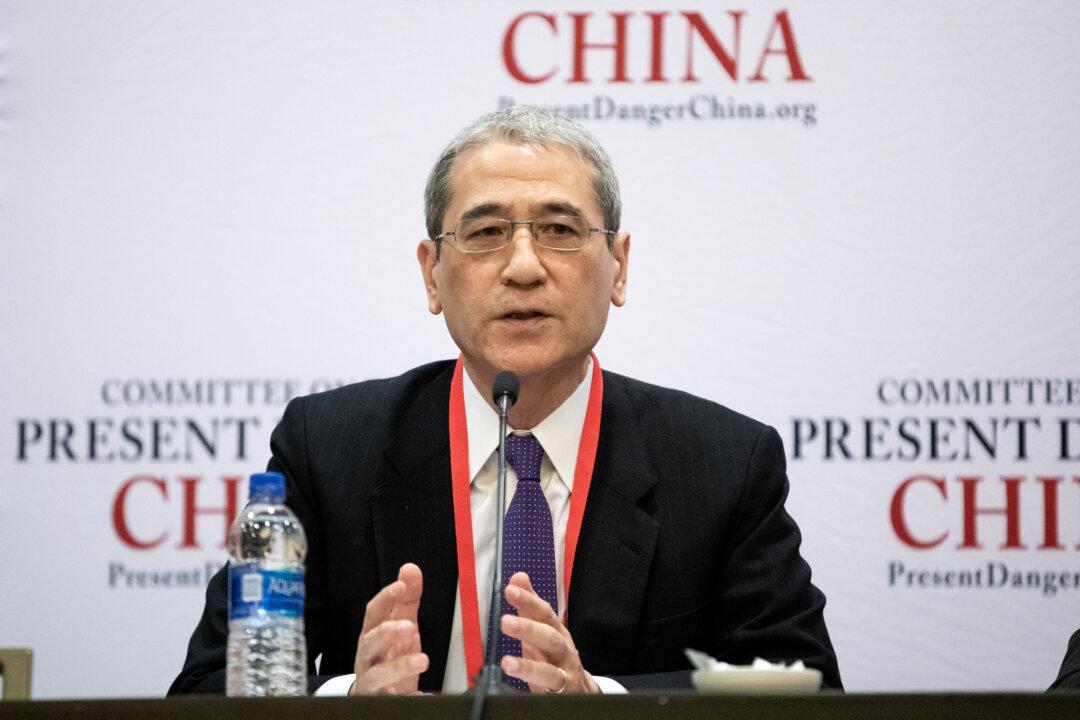The Chinese regime is known for its control over all aspects of society. Here’s a list of 10 of the most surprising things banned in China.
1. “The Big Bang Theory”
In April, 2014, China’s State Administration of Press, Publication, Radio, Film and Television removed “The Big Bang Theory,” “The Good Wife,” “NCIS,” and “The Practice” from online video streaming websites, according to a report from Global Times. Fans of these shows expressed outrage as the shows did not seem to deliver any subversive, violent, or illegal content. The administration said the shows were banned out of copyright concerns or for violating a regulation against programs with content that “damages the nation’s sovereignty and territorial integrity,” “induce juveniles into committing crimes,” or “provoke cults and superstitious beliefs.”2. Brad Pitt

Jason Merritt/Getty Images





